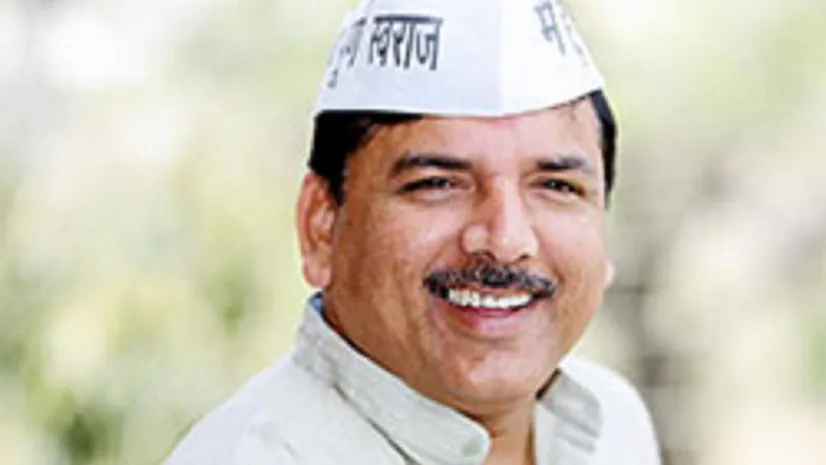Following a recent verdict by the Supreme Court (SC), the Aam Aadmi Party’s (AAP) leader, Sanjay Singh, has expressed his belief that the decision will put an end to the alleged dictatorial nexus between the Bharatiya Janata Party (BJP) and the Lieutenant Governor (LG) in Delhi. This statement by Singh highlights the significance of the SC’s ruling and its potential impact on the governance structure in the capital city.
Singh’s assertion comes in the wake of a long-standing tussle between the Delhi government, led by the AAP, and the LG, who represents the central government. The AAP has often accused the BJP and the LG of impeding the functioning of the Delhi government and curtailing its powers.
The recent verdict by the SC aims to clarify the division of powers and responsibilities between the elected government and the LG in Delhi. It is expected to establish a clearer framework that prevents any abuse of power and ensures the smooth functioning of the state administration.
Sanjay Singh’s statement reflects the optimism of the AAP, as it views the SC’s decision as a means to check the alleged dictatorial tendencies of the BJP and the LG. The party hopes that this verdict will pave the way for a more cooperative and harmonious relationship between the Delhi government and the LG’s office.
The SC’s ruling carries significant implications for the governance structure in Delhi. It reinforces the principles of federalism and upholds the authority of the elected government, allowing it to carry out its functions without undue interference.
While the AAP sees the verdict as a victory for democracy and a safeguard against any misuse of power, its long-term implications are yet to be fully realized. The effectiveness of the new framework and its impact on the relationship between the Delhi government and the LG’s office will unfold over time.
The SC’s decision serves as a reminder of the crucial role played by the judiciary in maintaining a balance of power and upholding the principles of democratic governance. It sets a precedent that can guide future interactions between elected governments and appointed officials in other states as well.




